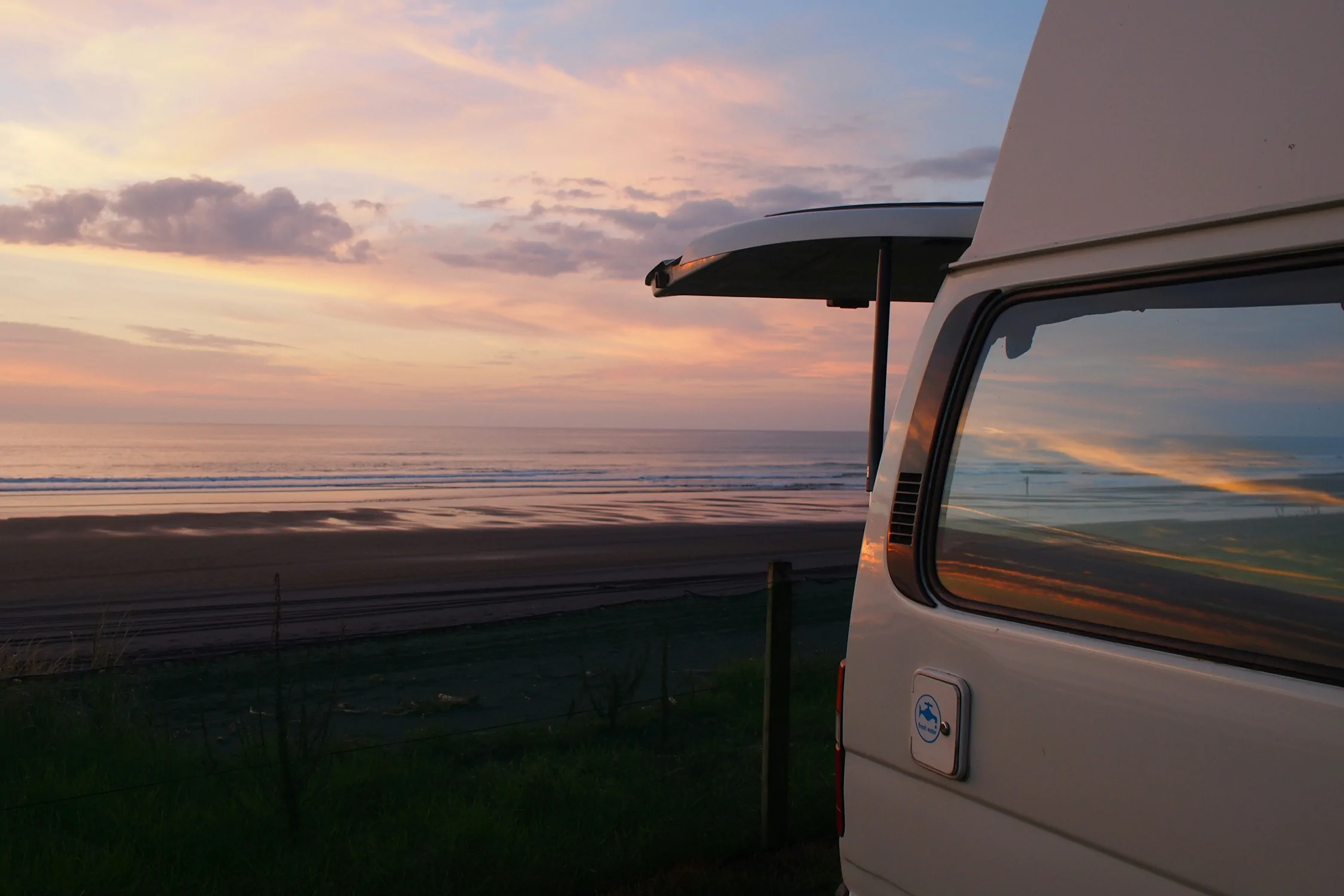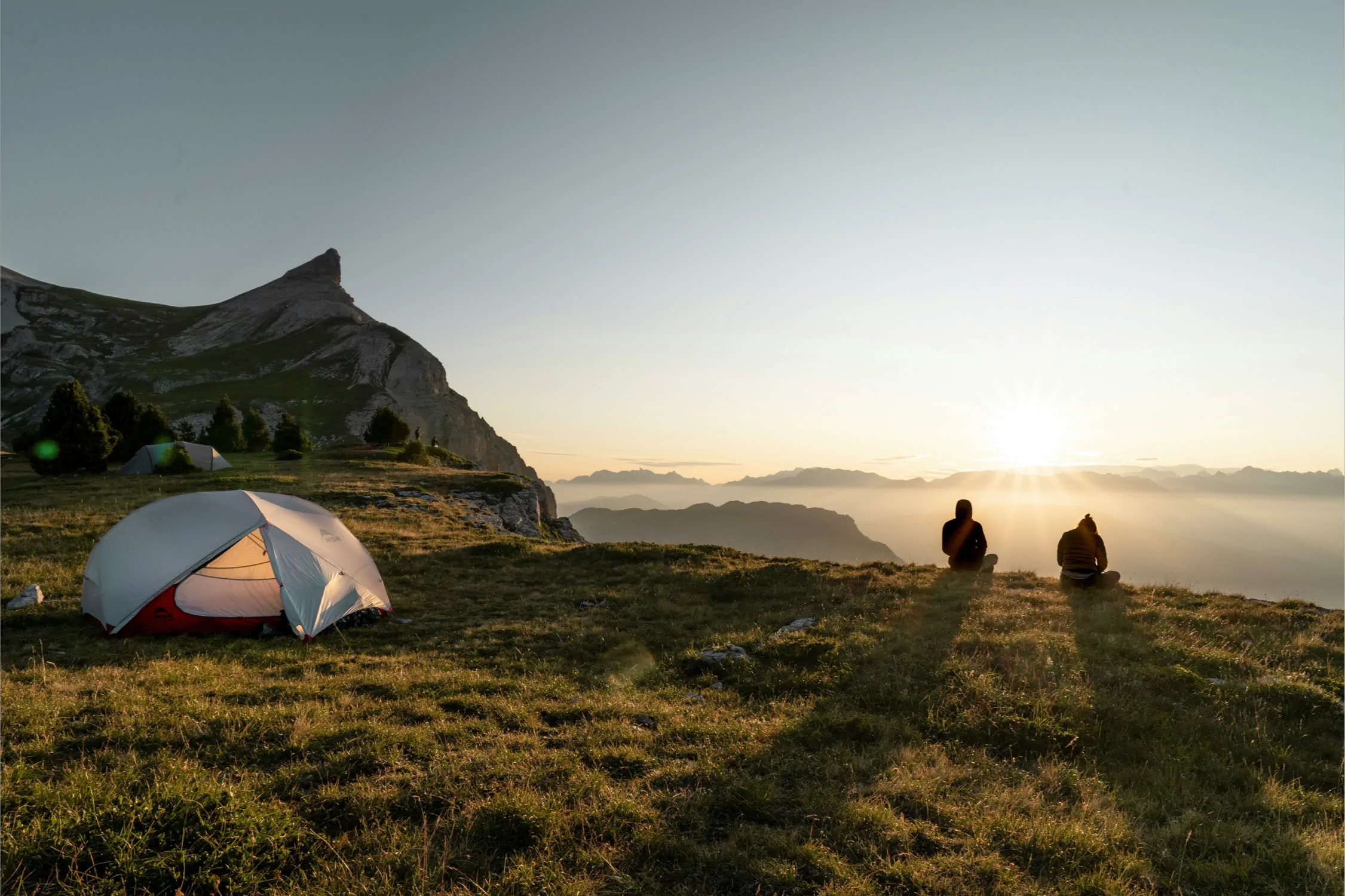Freedom Camping in New Zealand, Rules by Region
Understand the 2025 freedom camping rules before you park: national legislation, council bylaws, and on-the-ground expectations broken down for every region.

Freedom camping in NZ (official): Camping on public land outside designated campgrounds where it is permitted by the Freedom Camping Act 2011, council bylaws, or landowner permission. It generally applies to locations within 200 m of a formed road or vehicle-accessible waterway, and never overrides posted signs. Many areas require a certified self-contained vehicle.
What freedom camping means in NZ context
Freedom camping lets travellers stay overnight in certain public places without paying a campsite fee. In New Zealand that privilege comes with obligations: you must comply with the Freedom Camping Act 2011, respect local bylaws, and leave no trace. The term covers parking in lay-bys, lakeside reserves, or council-designated car parks, not private farmland or national park huts.
KiwiCamping tags every legal spot and pairs it with the relevant rule excerpt so you can prove compliance. Check the site details, scroll to "Council Source," and follow the PDF or map overlay before setting up for the night.
Key law changes (2023–2026)
- Green CSC warrant required: New certifications require a fixed toilet and display a green Certified Self-Contained warrant card/sticker for freedom camping in restricted areas.
- Transition: Older blue stickers (portable toilets) remain valid only until their expiry or 7 June 2026, whichever is first.
- Authority: Certification is regulated by the PGDB; use the official register to verify vehicles.
Enforcement and fines
As of 2023, most unlawful freedom camping offences carry a $400 infringement fee (e.g., camping in a restricted area without a CSC vehicle). Serious waste offences can be $800 or more, and courts may impose higher penalties. Councils actively patrol popular sites over summer.
Council land vs DOC conservation land
Council land: Local bylaws set stay limits, self-contained-only zones, and prohibited areas. Many urban locations ban overnighting entirely or allow it only for green-warrant CSC vehicles.
DOC land: Freedom camping is generally allowed except where prohibited or restricted. National Parks and many reserves require you to use designated DOC campsites or backcountry zones. When in doubt, follow on-site signs.
Use the KiwiCamping legal sites map plus council/DOC links attached to each site. Signage on the ground always overrides third-party maps.
Self-contained vehicle requirements overview
Under updates rolling out 2023–2026, freedom camping in most council areas requires a certified self-contained vehicle with a fixed toilet. Portable toilets no longer qualify for new certifications. Certification is issued under the government programme overseen by the Plumbers, Gasfitters and Drainlayers Board (PGDB).
Blue stickers under the old standard remain valid only until they expire or 7 June 2026 (whichever comes first). After that, restricted areas will require the green Certified Self-Contained warrant. See our self-contained vehicle explainer for checklists, costs, and the NZSCV lookup link.
Regional quick reference, North Island
Northland: Expect designated zones only. KiwiCamping lists every Far North and Whangārei District site with stay limits, usually 2 nights. Rangers actively patrol over summer.
Auckland: Freedom camping is heavily restricted. Most sites require self-contained certification and adherence to 6pm-9am time slots. Viaduct Harbour, Piha, and many bays are prohibited. Check the KiwiCamping bylaw snippets.
Waikato & Bay of Plenty: Mix of council reserves and holiday park alternatives. Tauranga allows limited sites, while Rotorua offers lakeside spots with strict signage. Always verify with the KiwiCamping app map filter before settling in.
Gisborne & Hawke’s Bay: East Coast councils allow specific beaches but often mandate overnight permits. KiwiCamping provides links where you can request those permits online.
Taranaki, Manawatū-Whanganui, Wellington: Coastal parking is often limited to self-contained vehicles with 48-hour maxima. Wellington City enforces no-camping zones around the CBD; use KiwiCamping to find legal harbour spots instead.
Regional quick reference, South Island
Tasman & Nelson: Permit-only zones dominate. Rangers check stickers at Kaiteriteri and Golden Bay daily in summer. KiwiCamping highlights permit kiosks and i-SITE offices with direct links.
Marlborough & Kaikōura: Marlborough Sounds have DOC campsites rather than pure freedom sites. Book ahead. Kaikōura has council-run car parks with fixed capacity. Check live availability in KiwiCamping before arriving late.
Canterbury: Christchurch limits freedom camping to a handful of car parks. Mackenzie and Waitaki Districts are more permissive but require self-contained proof. KiwiCamping’s enforcement notes flag hotspots where fines are common.
Otago: Queenstown-Lakes and Central Otago councils enforce strict zones. Expect early morning checks. Dunedin City offers a balance of coastal reserves with 2-night limits. Arrive before dusk to secure a space.
Southland & Fiordland: Freedom camping near Milford Sound is prohibited; use DOC campsites instead. Southland District allows specific gravel lay-bys with GPS coordinates listed inside KiwiCamping.
How to check local signage on arrival
Even when you have researched online, final authority rests with posted signage. Pull in, scan for freedom camping boards, and photograph them for your records. Signage overrides outdated PDFs or map layers.
KiwiCamping’s check-in workflow helps: open the site, confirm you see the same rules, and report discrepancies. The moderation team triages updates daily so fellow travellers and councils benefit.
If signage contradicts what the app says, follow the sign. Then send feedback through the app so we can investigate. Councils sometimes install temporary restrictions after floods or events, and KiwiCamping flags those as “temporary closures” once confirmed.

Freedom camping FAQ
- Can I freedom camp without being self-contained?
- Only where councils explicitly allow it. Most urban and high-demand areas require certified self-contained vehicles with fixed toilets.
- What is the fine for illegal freedom camping?
- Most offences now incur a $400 infringement fee. Serious waste-related offences can be higher, and towing or cleanup costs may be added.
- How do I find legal sites quickly?
- Use KiwiCamping’s freedom camping filter, tap the bylaw link, and cross-check signage when you arrive. Save favourites so you can navigate offline later.
Official resources
See the NZ Government overview on freedom camping, DOC’s guidance for conservation land, and the PGDB’s self-contained vehicle pages. Use council websites linked from KiwiCamping for local bylaws.
Related reading: Best Camping Apps ↗ · Holiday park booking guide ↗ · Self-contained vehicle requirements ↗